Optimal Timing for Concrete Leveling
Concrete levelings are most effective when performed during specific weather conditions that allow the materials to properly set and cure. Timing can significantly influence the durability and longevity of the repair, making it essential to consider seasonal and temperature factors.
Spring and fall generally provide ideal conditions with moderate temperatures and lower humidity, facilitating proper curing of the concrete.
Temperatures between 50 and 85 degrees Fahrenheit are recommended for concrete leveling to ensure proper setting and minimize cracking.
Extreme cold, heat, or rain can hinder the process, leading to poor adhesion or uneven curing.
High humidity can slow down the curing process, while very low humidity may cause rapid drying and cracking.
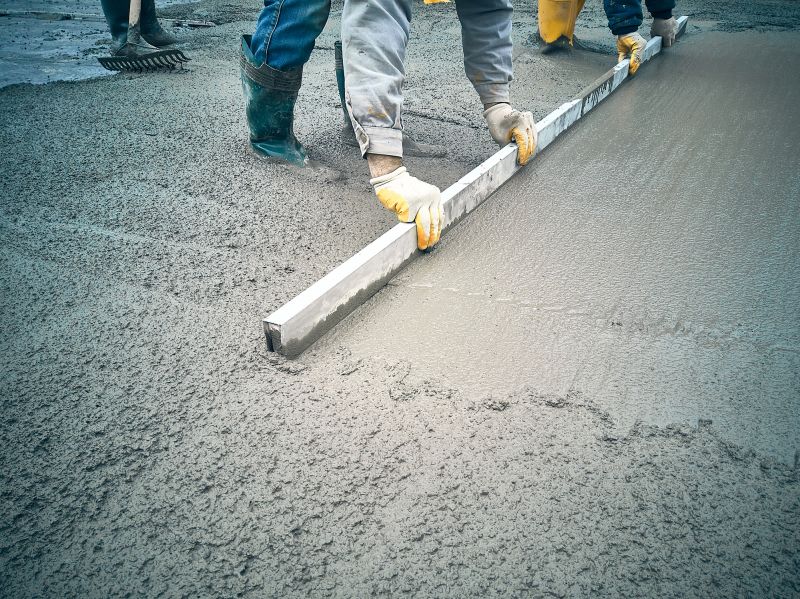
Ways to make Concrete Levelings work in tight or awkward layouts.
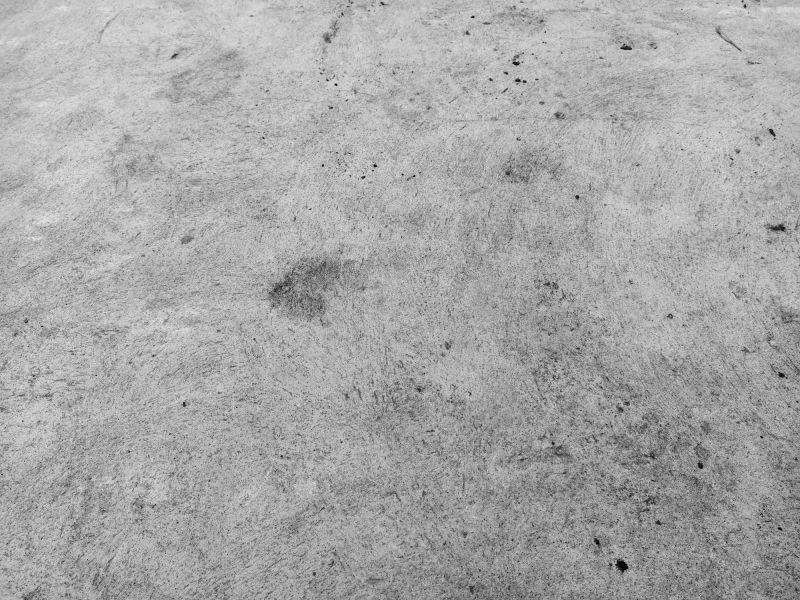
Popular materials for Concrete Levelings and why they hold up over time.
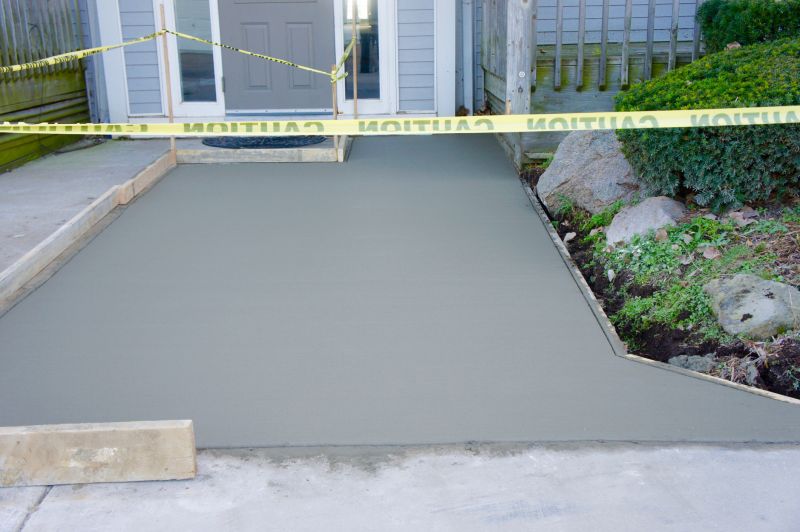
Simple add-ons that improve Concrete Levelings without blowing the budget.

High-end options that actually feel worth it for Concrete Levelings.

Finishes and colors that play nicely with Concrete Levelings.
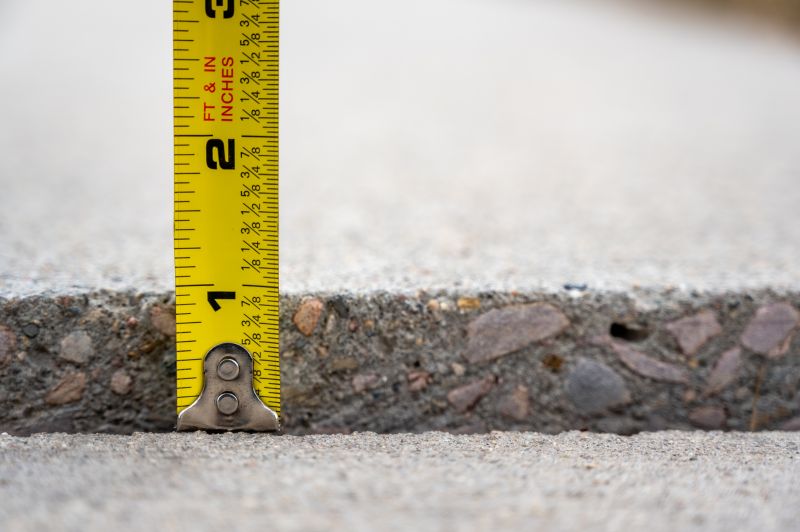
Little measurements that prevent headaches on Concrete Levelings day.
| Season | Recommended Conditions |
|---|---|
| Spring | Moderate temperatures, low humidity, dry weather |
| Summer | High temperatures may require early morning or late evening work |
| Fall | Cooler temperatures, dry conditions ideal |
| Winter | Cold weather can hinder curing, avoid during freezing temperatures |
Concrete levelings involve raising and leveling uneven or sunken concrete surfaces to restore their appearance and functionality. Proper timing ensures the materials used can cure correctly, preventing future issues such as cracking or shifting. The process typically includes injecting a specialized compound beneath the slab to lift it to the desired level. This method is a cost-effective alternative to replacement and can be completed quickly with minimal disruption.
Statistics show that scheduling concrete levelings during optimal weather conditions can extend the lifespan of the repair by several years. Proper timing reduces the risk of surface defects and ensures the stability of the slab. It is important to monitor weather forecasts and plan the work accordingly to achieve the best results.
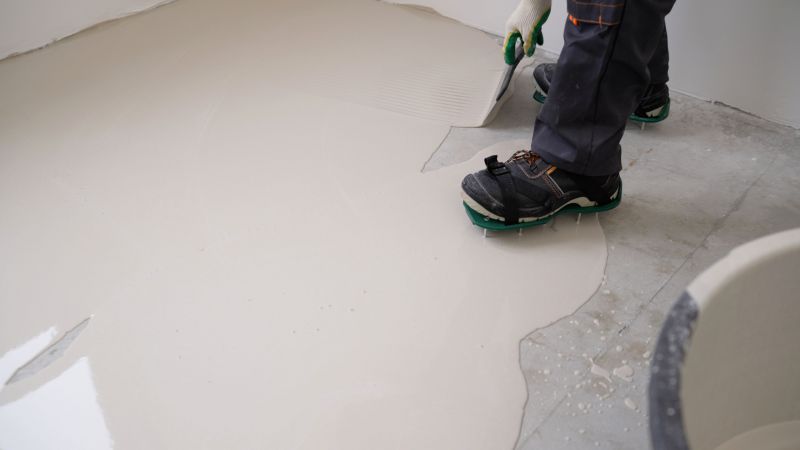
A 60-second routine that keeps Concrete Levelings looking new.
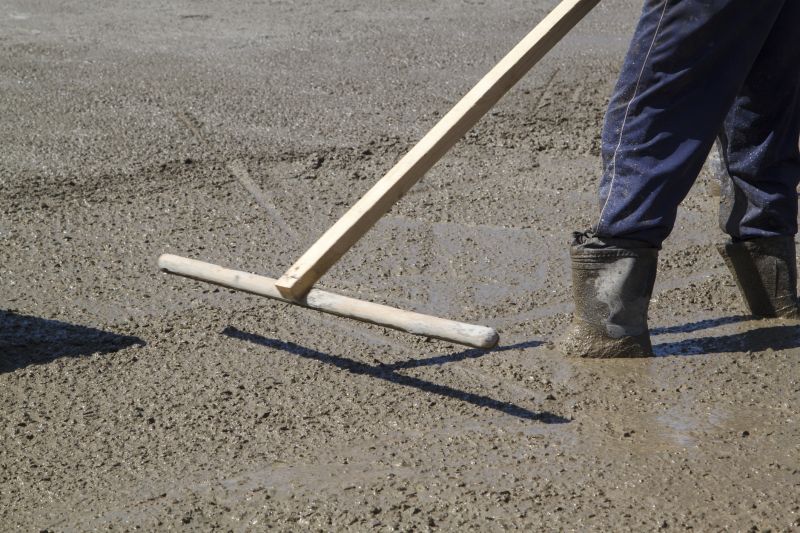
A frequent mistake in Concrete Levelings and how to dodge it.
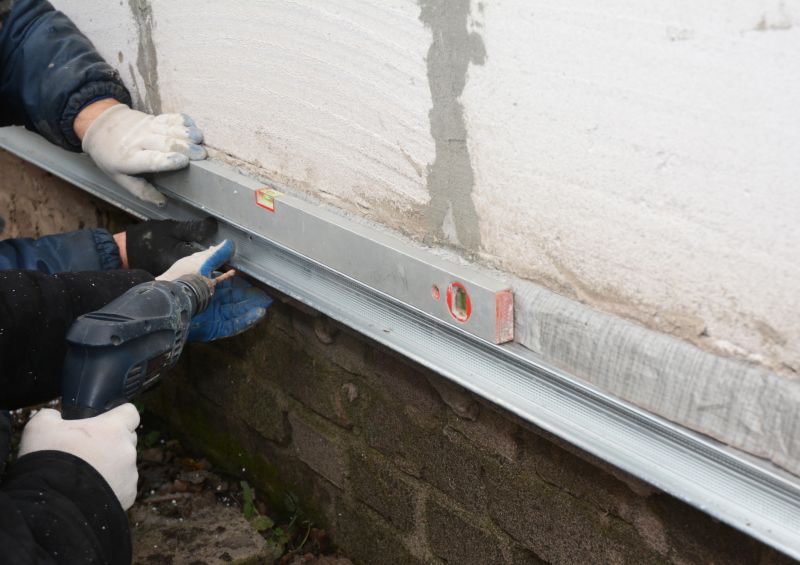
Small tweaks to make Concrete Levelings safer and easier to use.
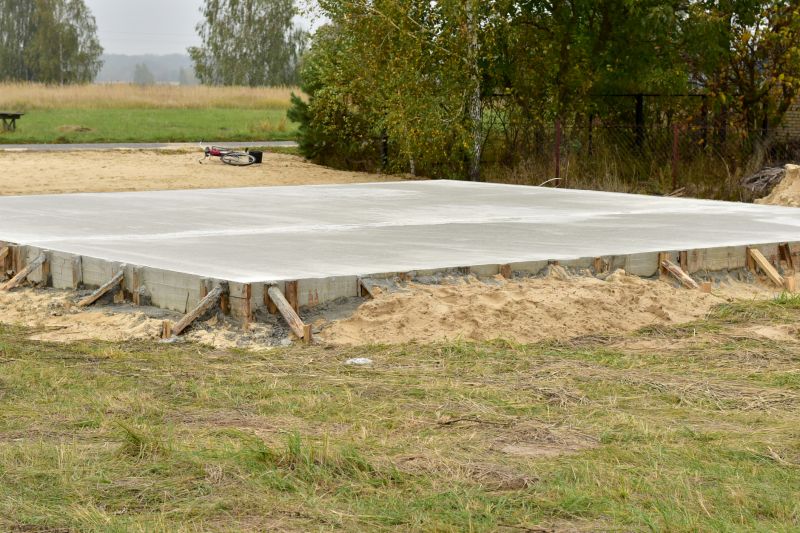
Lower-waste or water-saving choices for Concrete Levelings.
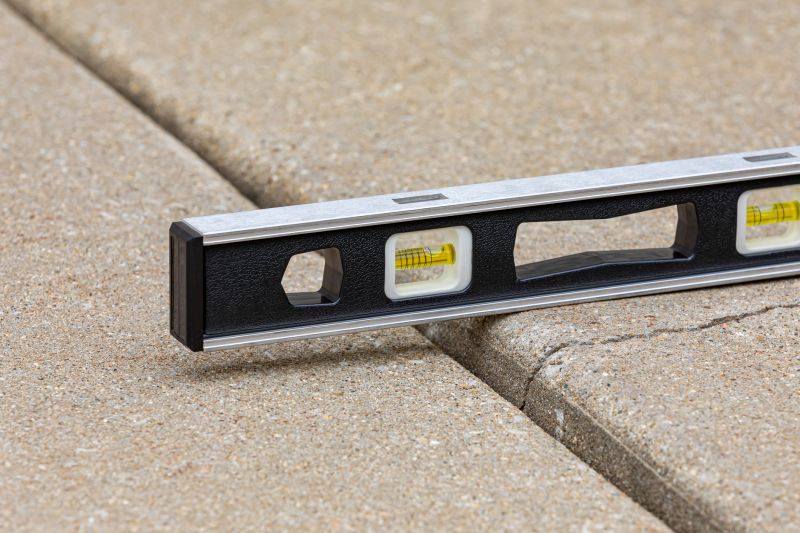
The short, realistic tool list for quality Concrete Levelings.
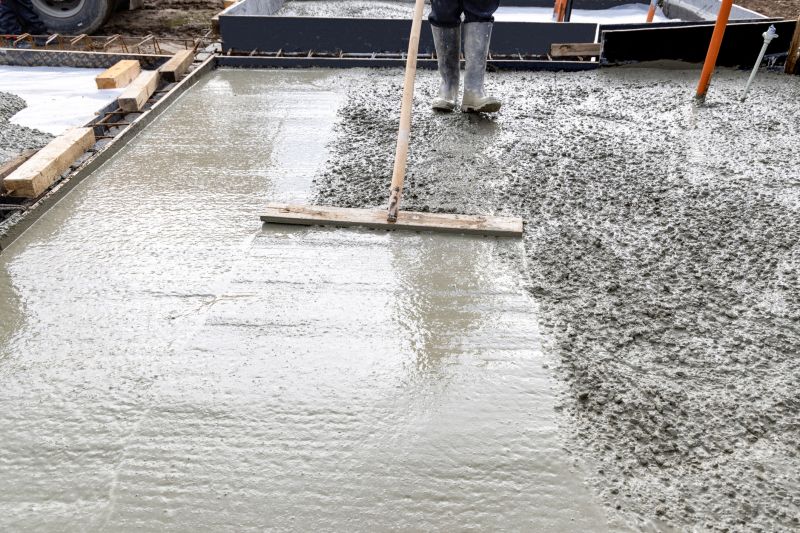
Rough timing from prep to clean-up for Concrete Levelings.
Interested in scheduling concrete levelings? Contact the local experts in Rockledge, FL, to discuss your project and find the best timing for your specific needs. Proper planning ensures a durable and long-lasting result for your property.

